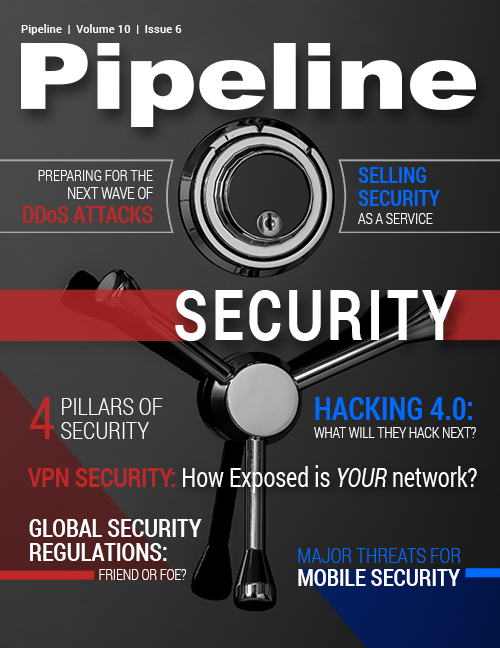Selling Snoop-Proof Services
Commenting on United Internet’s collaboration with Deutsche Telekom, CEO Ralph Dommermuth said, “Together, we have a strong customer [base], which means the initiative offers secure communication for two-thirds of all e-mail users in Germany,” and added that it’s “open to other providers who commit to the standards set out by our initiative.”
In September, Deutsche Telekom unveiled its new security smartphone, the SiMKo3, nicknamed the “Merkel phone” because German chancellor Angela Merkel’s Samsung Galaxy S3 is outfitted with a SiMKo3 encryption chip. It’s been approved to transmit classified information from the German government and could prove to be a valuable tool in Deutsche Telekom’s service arsenal for enterprises, not to mention private citizens, who can now safely transmit sensitive data via the company’s recently developed L4 microkernel operating system. Plus, if a user loses his or her phone, no one else can view its contents; the SiMKo3 even lets a user delete those contents remotely.
This kind of security comes at a price, of course: the SiMKo3 costs 1,700 euros (approximately $2,335) and comes with a two-year contract. Deutsche Telekom is also working to develop a line of secure tablets and notebooks that run on LTE, and it’s not alone in its desire to service a more secretive clientele: Orange Business Services and Samsung recently announced a partnership aimed at developing ultrasecure tablets for the corporate sector.
“The tablet is revolutionizing the enterprise market, providing a new platform to rethink business processes,” said Orange Business Services CEO Thierry Bonhomme, adding that its new collaboration “is part of our ambition to support companies’ digital transformation. Being able to offer our mobility solutions embedded in Samsung’s latest tablets is a true differentiator for us.”
‘Security fosters trust’
Individual services such as “E-mail Made in Germany” aren’t the only way for CSPs to grab customers. Deutsche Telekom spokesman Philipp Blank believes that every future service needs to be built with security in mind.
“It is vitally important to understand that our customers will embrace new services like cloud-based access to photos and videos only if they can be sure they are secure and that they don’t compromise data privacy,” he said. “In other words, security fosters trust. We don’t treat data privacy and IT security as extra frills that we add to products as an afterthought. Data privacy and data security play an integral role from the outset when we develop new products and services.” He added that Deutsche Telekom has established a privacy and security assessment (PSA) process that comes into play as soon as any new product or service begins to take shape.
So, while secure-email services in the US have found themselves in a decidedly unwelcoming atmosphere, CSPs abroad are starting to fill in the gap. The heightened awareness of the vulnerabilities to everyday data on service providers’ networks extends to even the least clandestine customers, the ones who just want the government to stay out of their smartphones. But whether you agree with Edward Snowden’s whistle-blower stance or not, it’s hard to deny that he’s made the world aware of a whole new breed of mainstream secure-email services.



















